14-days Sailing – Split – Dubrovnik One way Route 1
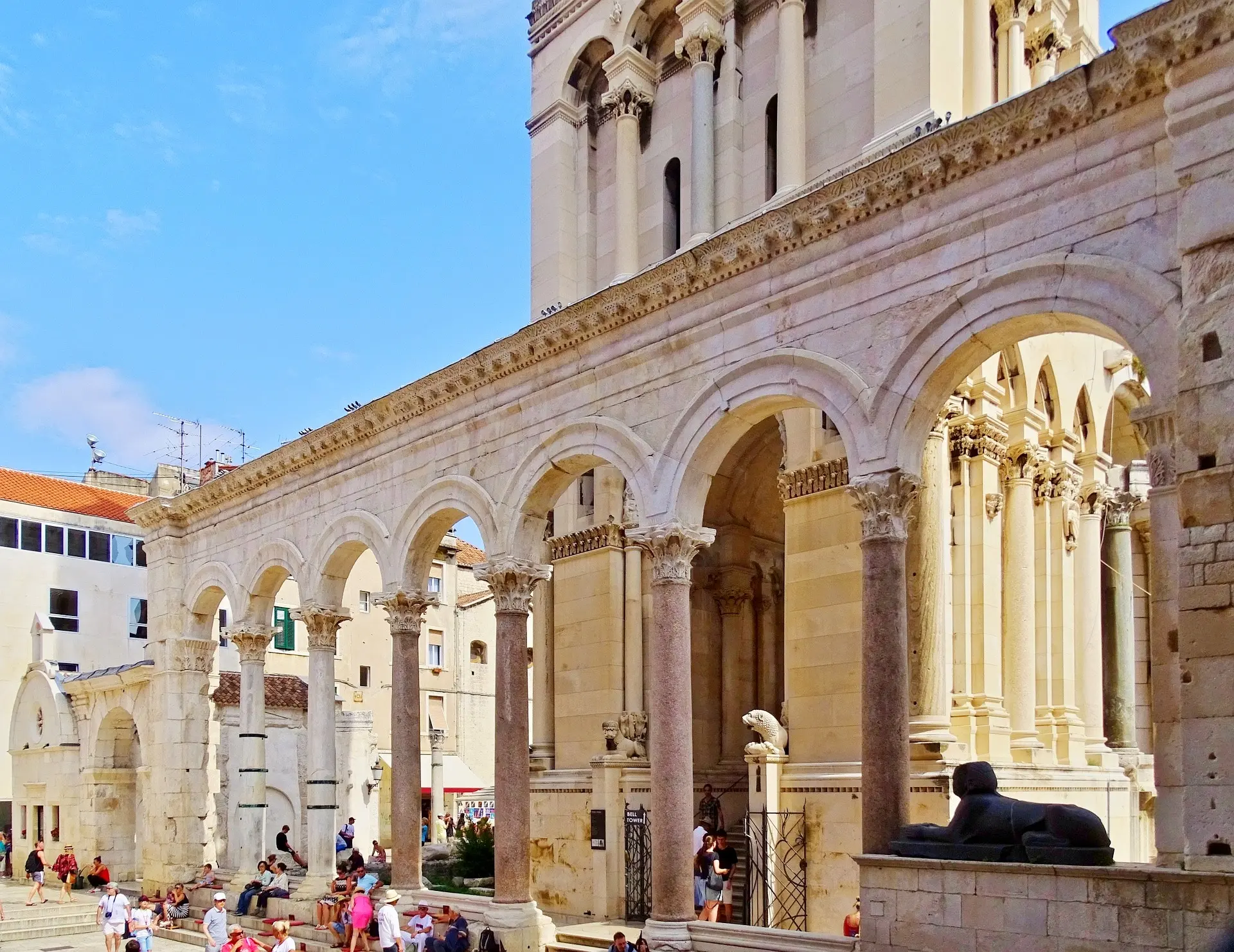
Day 1: Split - Milna (Brač)
Milna is the most protected as well the most beautiful port on the island of Brač. Protected from stronger winds and refreshed by the maestral wind of summer afternoons, it is the ideal haven for people and boats alike. Milna is situated at the bottom of a spacious cove at the western coast of Brač. Crystal blue sea, shades of centennial pine forests, sunlit facades built of Brač stone, ideal diving conditions, domestic and healthy food - all the reasons for coming to this beautiful Mediterranean town. There is a large selection of excellent fish restaurant, pizzerias and many caffe bars in Milna, situated in the immediate vicinity of the sea. ACI marina Milna is located in the southeastern part of the Milna cove, adjacent to the town.
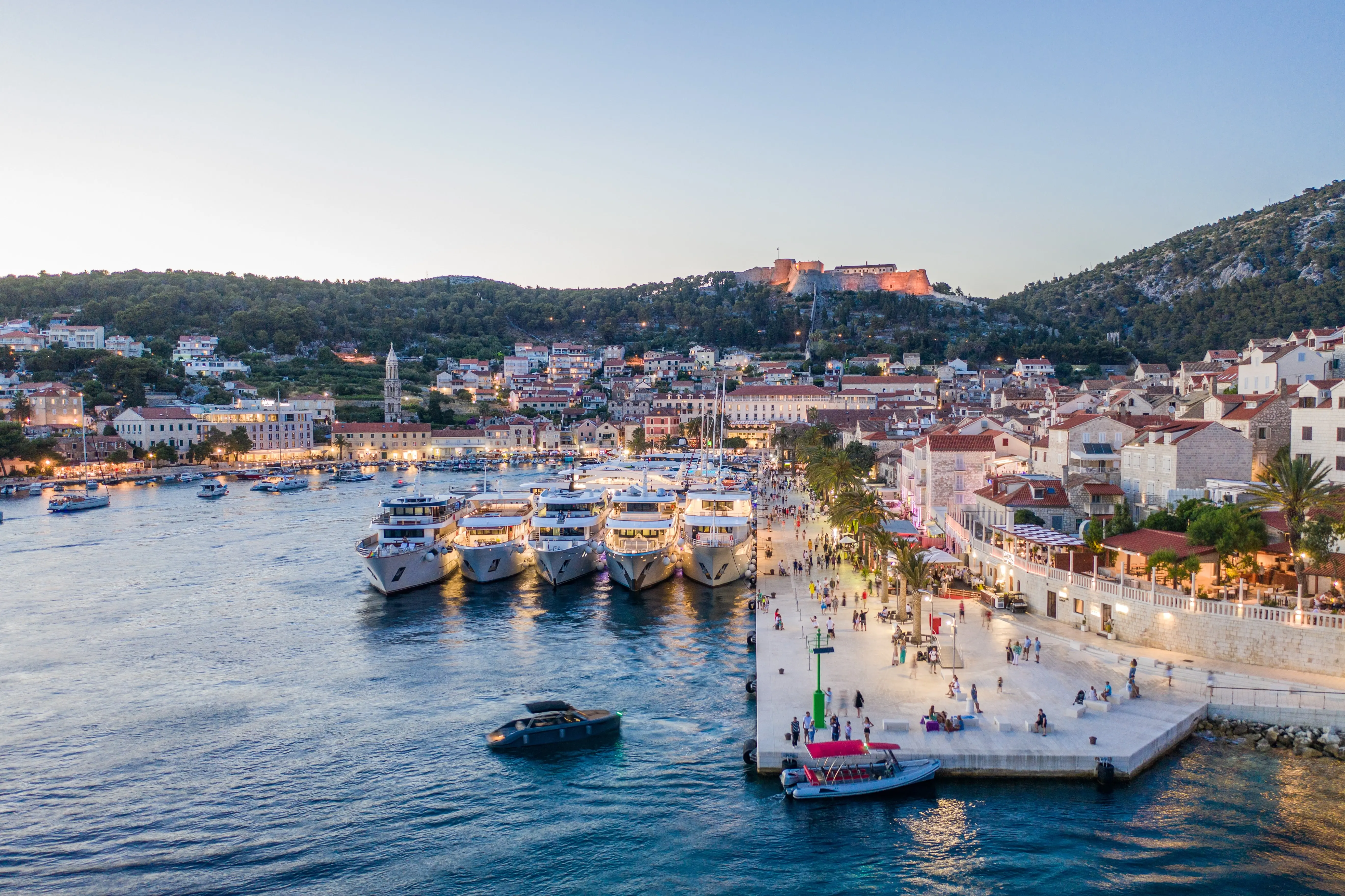
Day 2: Milna - Hvar (Hvar)
Hvar is one of the most desired and most visited destinations on the Dalmatian riviera. It is characterized by a warm, pleasant climate with lots of sun, a picturesque natural environment, various options for quality accomodation, Mediterranean cordiality and hospitality, numerous restaurants and taverns offering exquisite domestic specialties and wines, sports and recreation possibilities, an active night life... Thanks to its position along the ancient maritime route, Hvar has a far richer history than any other island on the Adriatic. Representative palaces and churches, valuable paintings and statues, as well as literary and musical works of art created on the island, are a result of the inexhaustible inspiration the island provides. The city port has low protection against stronger winds.
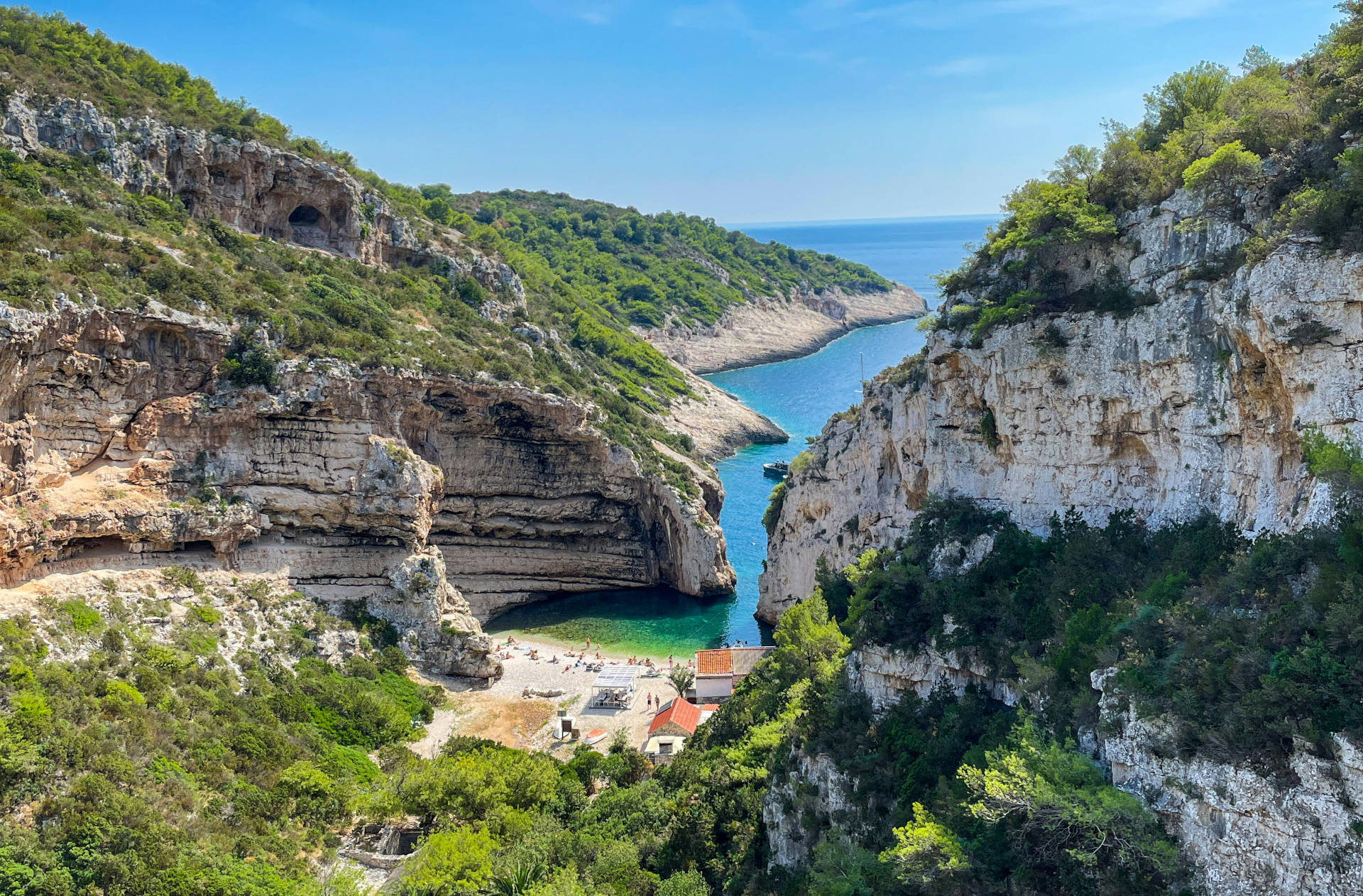
Day 3: Hvar - Vis (Vis)
The island of Vis is the destination of choice for those visitors who desire the experience of the unique, today largely lost, true Mediterranean atmosphere and way of life. A unique cultural and historical heritage, crystal clear sea; beautiful, secluded beaches, and many small coves and isles will leave you breathless. The entire history of Vis is linked to fishing, wine growing and wine production. The most renowned authentic white wine is the famous Vugava of Vis, which you can taste in many restaurants and wine cellars here. The town of Vis is situated on the north side of the island, along the beautiful cove of St. Juraj, which appears closed in a ring-like form by the isle of Host. Numerous luxurious restaurants and traditional taverns in the very center of town, will attract you with domestic specialties and a pleasant atmosphere. The port of Vis has low protection against stronger winds.
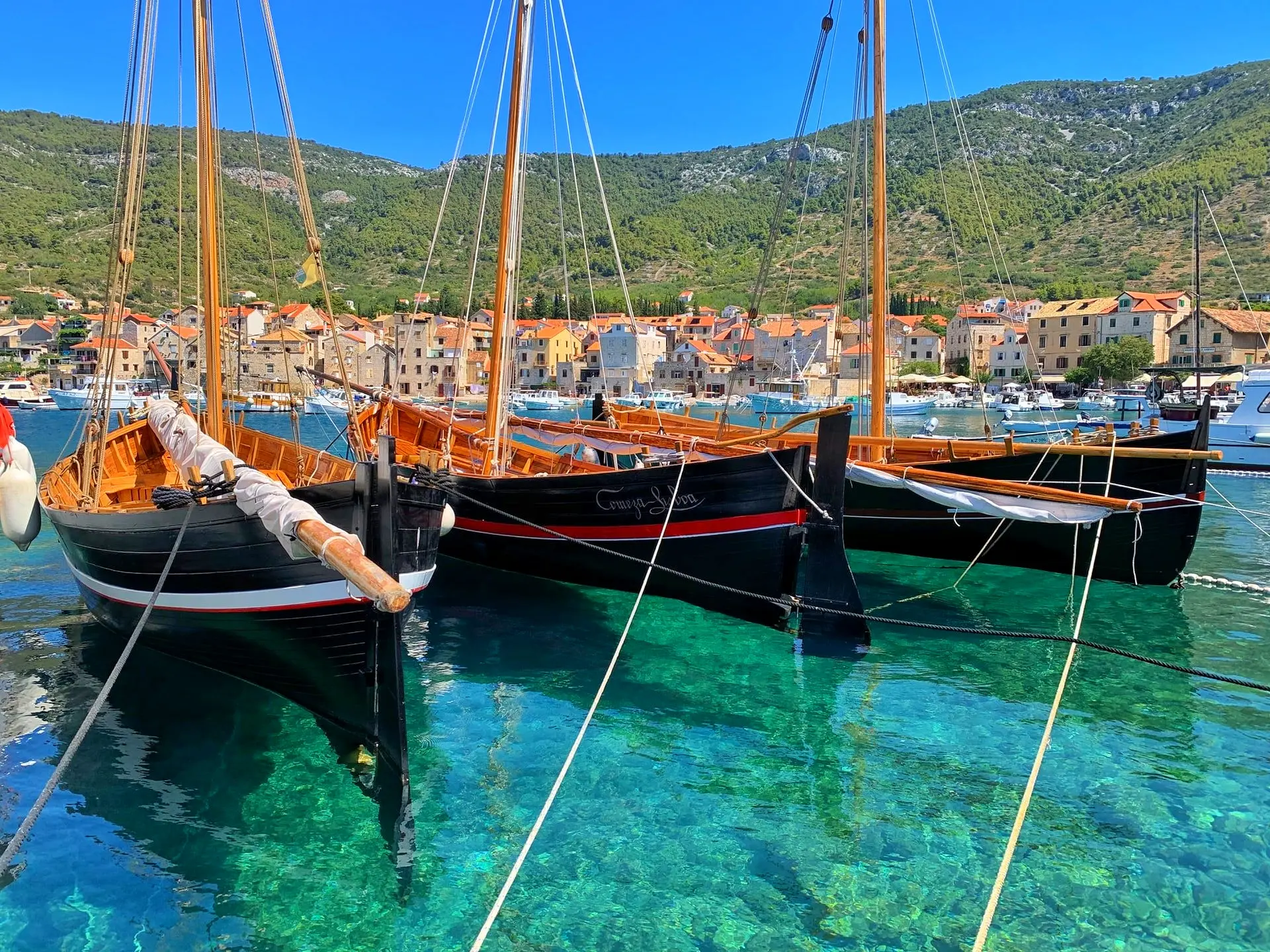
Day 4: Vis - Komiža (Vis)
Komiža, the port and town, is situated on the west coast of the island of Vis, along the northeastern side of the spacious bay of Komiža. The port is protected against the east and northeastern winds, but is exposed to the west and southwestern winds. Komiža is considered the cradle of fishing in the Adriatic, as the Fishermen's museum in town testifies. Unique in Croatia, it is located in the old Venetian tower at the town riva. The construction of wooden ships over the centuries has given birth to the "falkuša", a fishing ship endemic to Komiža, unique in the world for its specific build and sails.
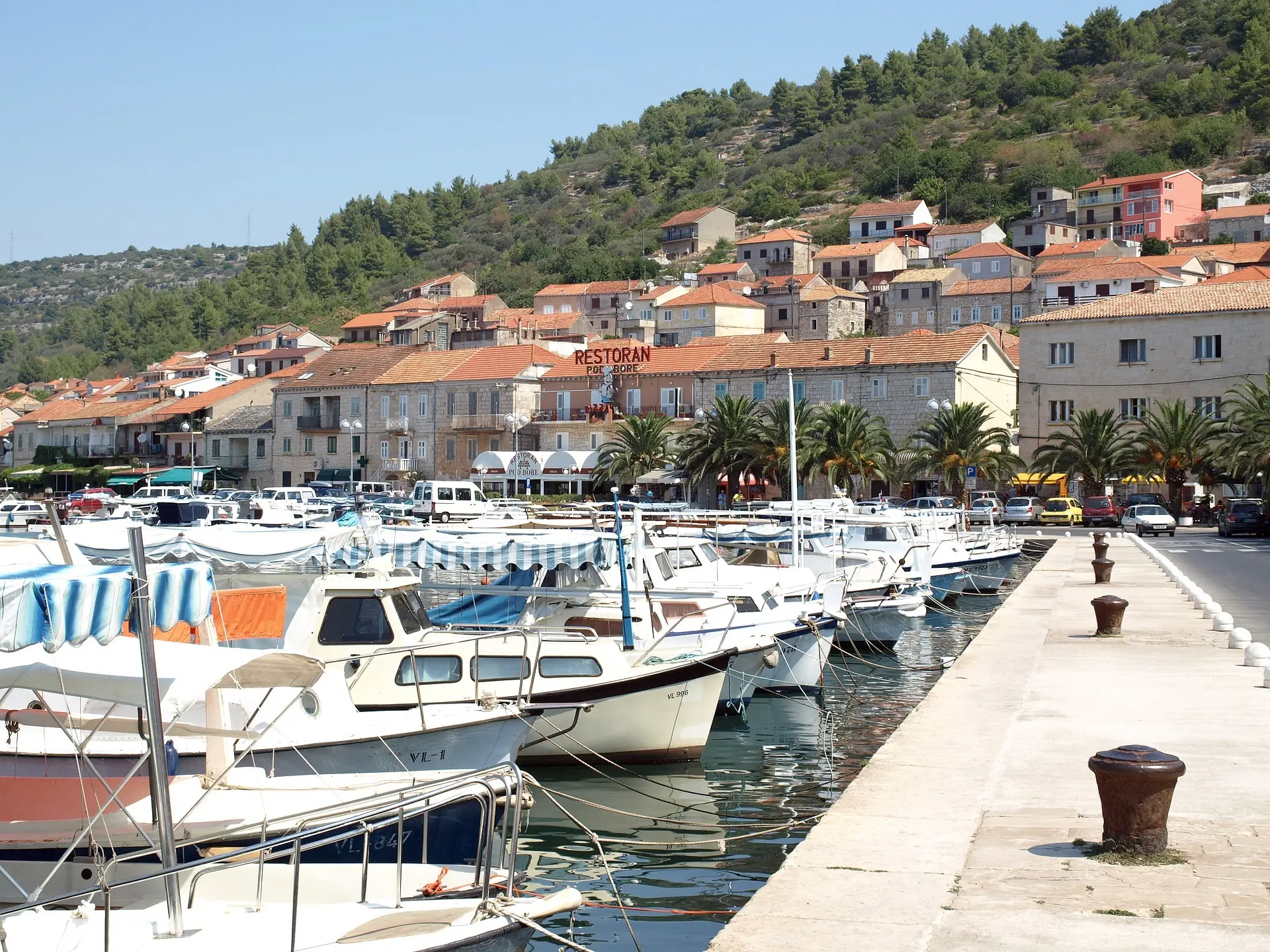
Day 5: Komiža - Vela Luka (Korčula)
The area of Vela Luka on the island of Korčula bears archaeological evidence of habitation as early as the Old Stone Age - 20,000 B.C. To the present day, the Illyrians, Romans and Slavic peoples have all left their marks on this soil; with the Vela Luka of today blossoming since the 18th century to the present day. The town of Vela Luka is located at the end of a bay 9,2km long, offering excellent shelter from the elements. Trips are organized many times a day from here, to the many surrounding islands, including the well-known Proizd and Ošjak.
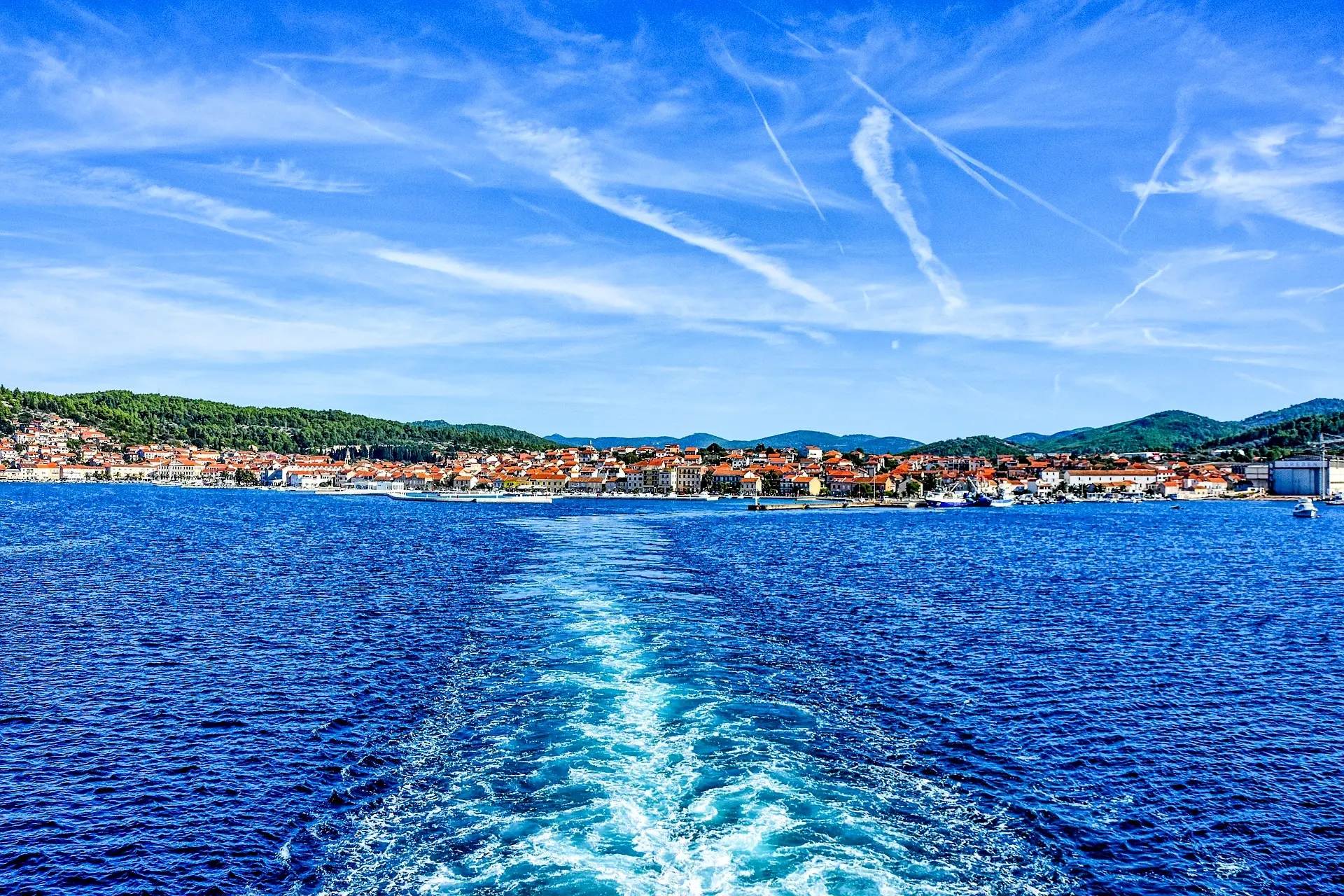
Day 6: Vela Luka - Zaklopatica (Lastovo)
Zaklopatica is a cove on the north side of Lastovo, only 2km away from the town Lastovo. It is possible to berth smaller boats at its modest riva, or in the middle of the cove up to 15m deep. Almost closed up by the isle in front of it sharing its name, the entrances to the cove are 1m-7m deep. Zaklopatica is a perfect starting point for the exploration of Lastovo's beautiful natural environment, whether via land, sailing, or diving.
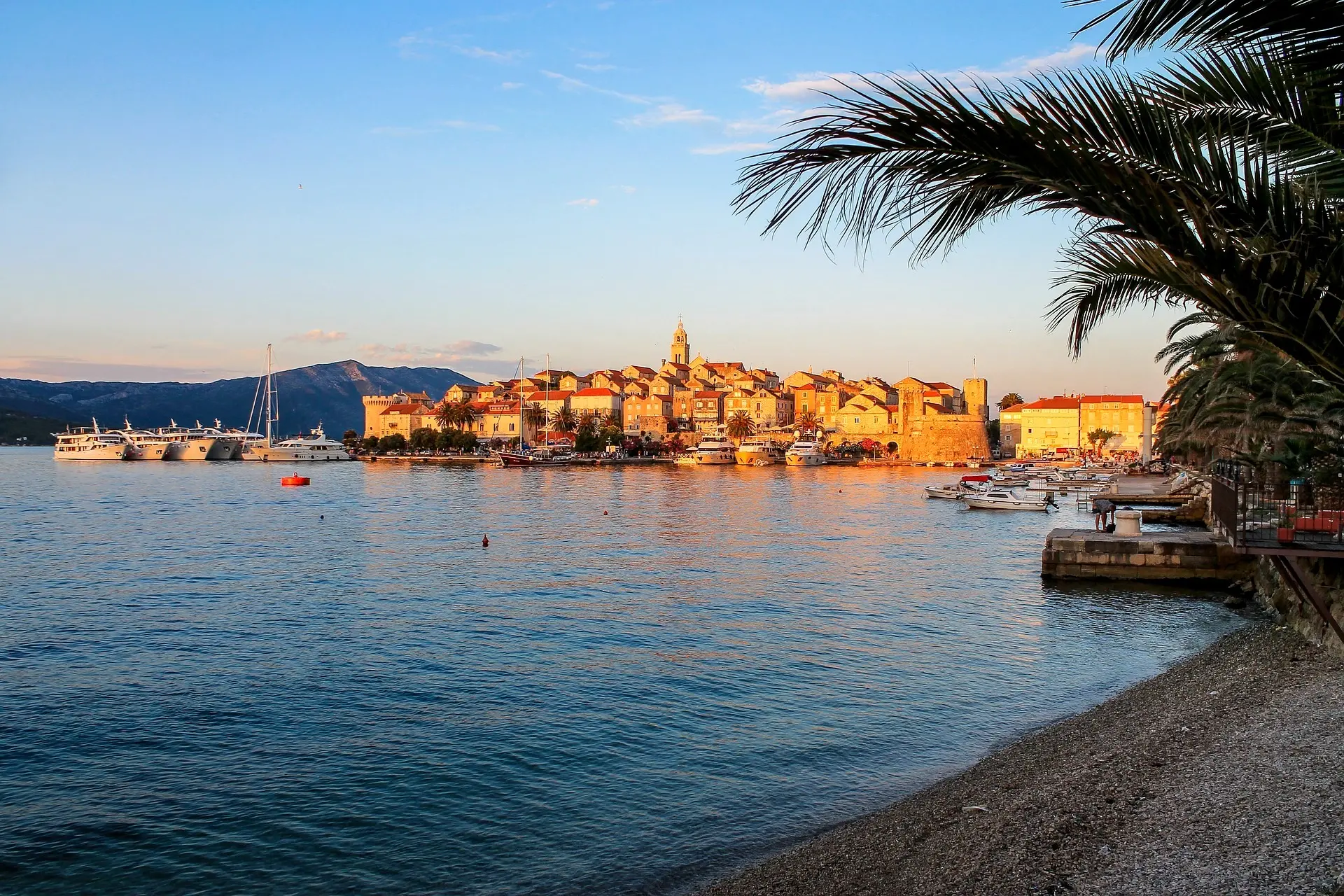
Day 7: Zaklopatica - Korčula (Korčula)
The island of Korčula is the jewel of the Adriatic archipelago. The island is indented with a series of isles and inlets, and a special mark is bestowed on it by its lush vegetation. Around it, you can enjoy swimming on many beaches, as well as diving in an underwater world of exciting flora and fauna. The city of Korčula is a historic and tourist center of its island. It is one of the best preserved medieval cities in the Mediterranean. Moreška, danced within Korčula, is one of three chivalric dances that you can witness only on this beautiful island. The town of Korčula is also considered the birthplace of the world's greatest traveller, Marco Polo, whose house of birth is located in the center of the old town. ACI Marina Korčula is situated in a small inlet east of town. Its northern side is protected with a breakwater.
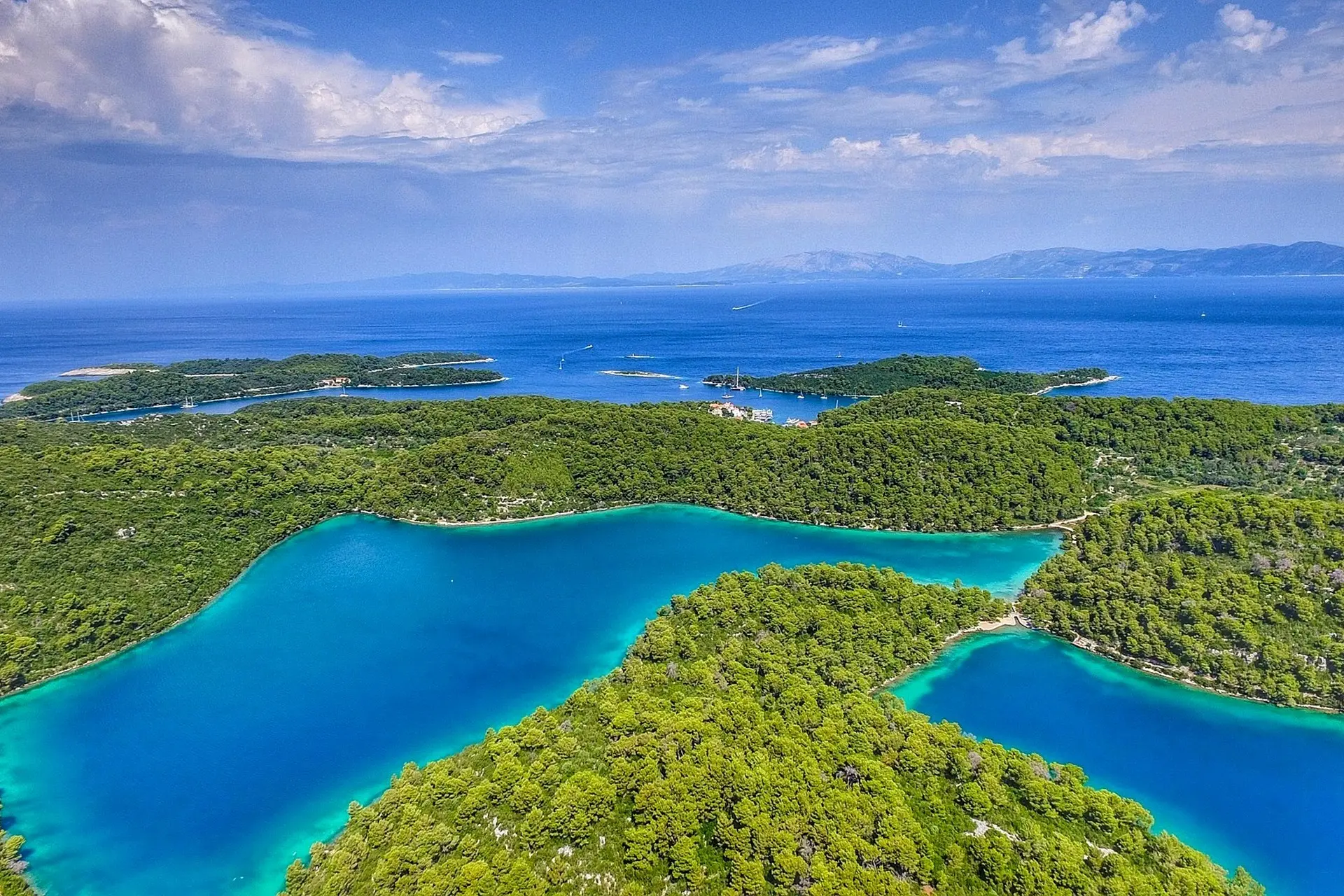
Day 8: Korčula - Pomena (Mljet)
Pomena is a small port village settled in the heart of the National park of Mljet. Being very close to Dubrovnik, and connected to it by regular boat line, Pomena is a unique tourist destination in its being a part of pristine natural and historic environment; while at the same time retaining the advantages of the proximity to a large city center such as Dubrovnik. Various accommodation and recreation possibilities are offered in Pomena, and the island of Mljet itself being a National park, it is not to be overlooked when travelling through the Adriatic.
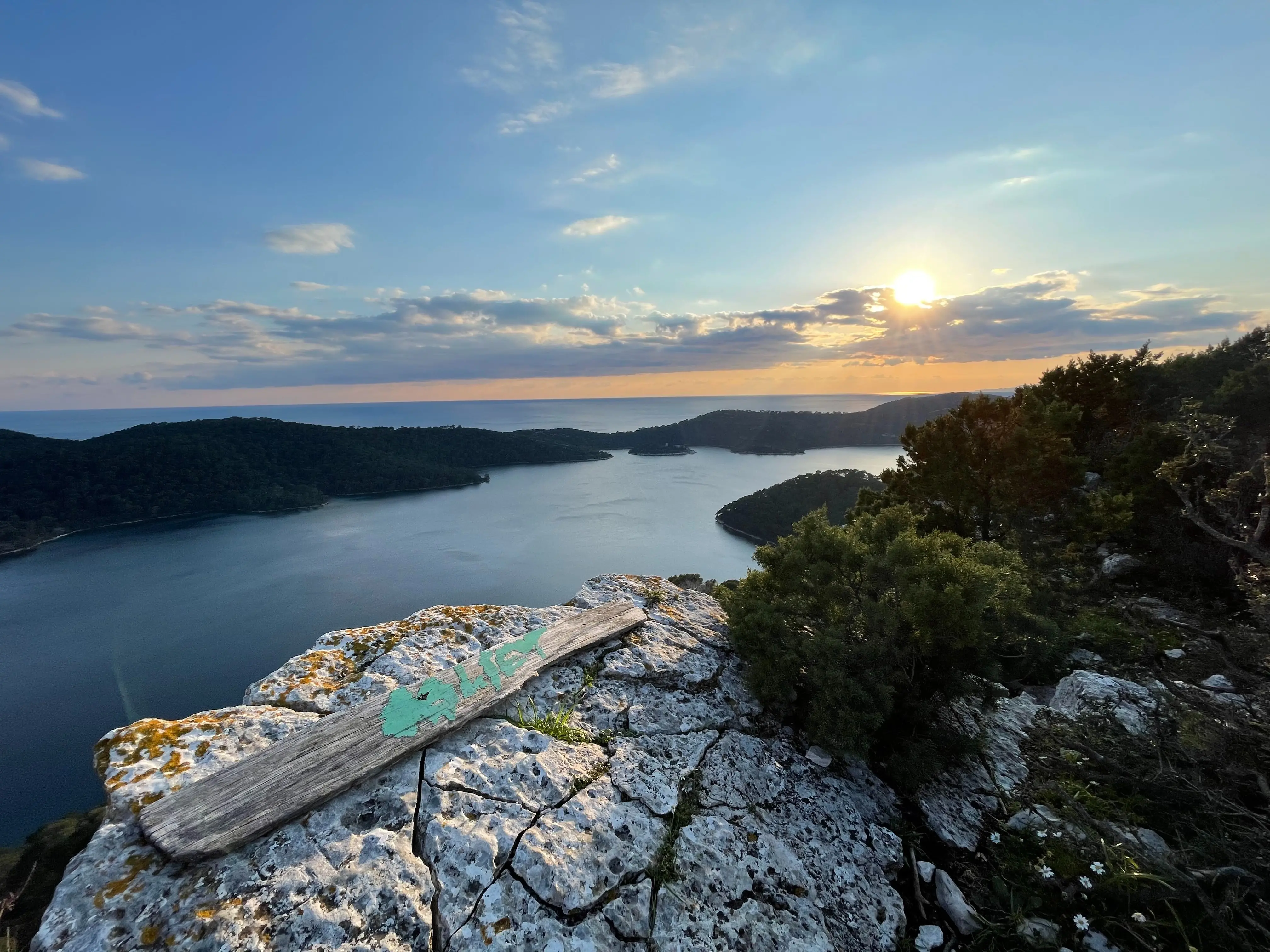
Day 9: Pomena - Saplunara (Mljet)
Saplunara is a beautiful sandy cove situated on the southeastern coast of Mljet, offering private accommodations and serene sandy beaches around the cove. It is at some places very shallow, only allowing for berths up to 2m deep. It is well protected from all winds except southwestern ones.
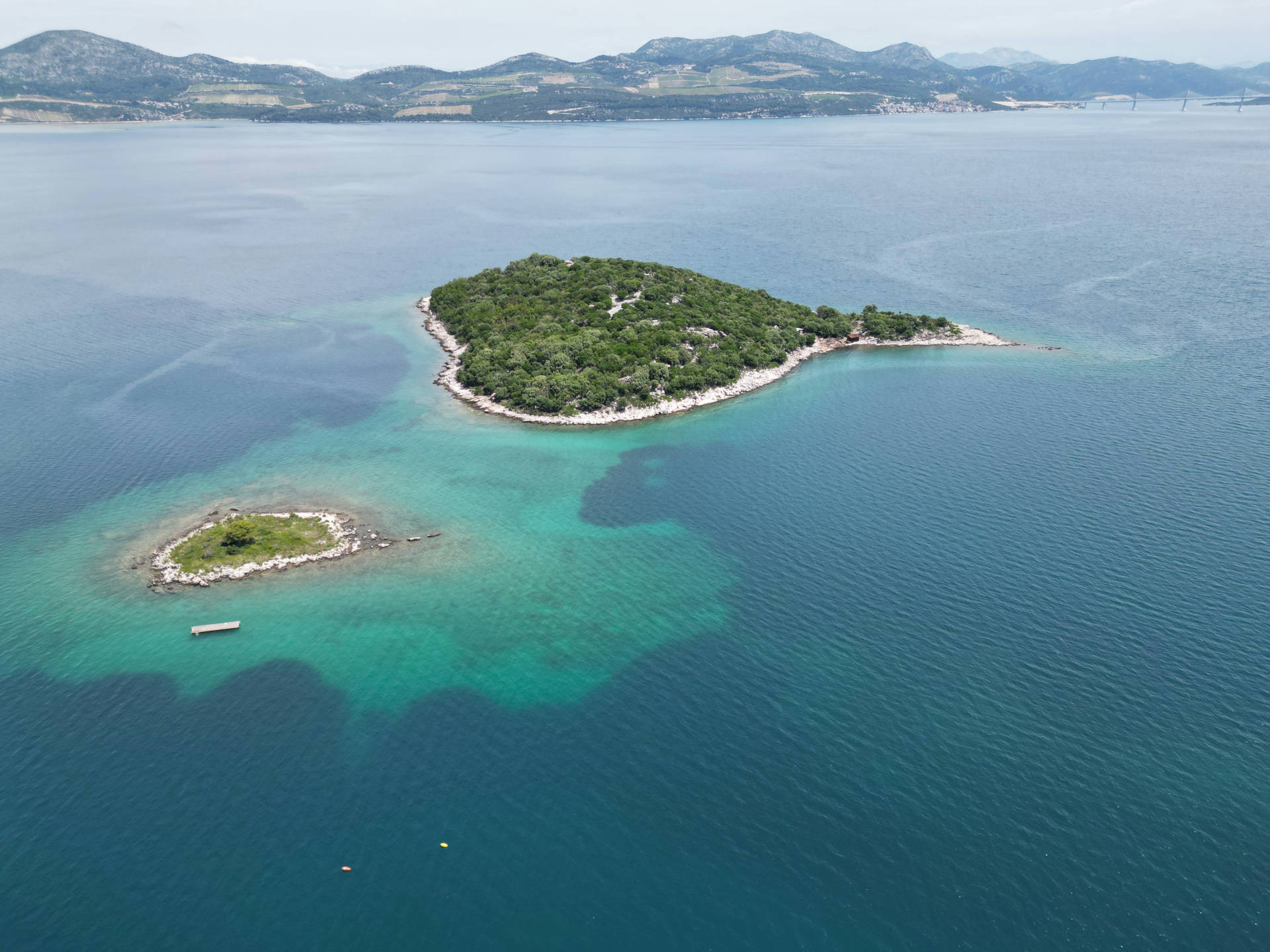
Day 10: Saplunara - Kobaš (Pelješac)
Uvala Kobaš is a small cove in Stonski Kanal, hiding a village and a jetty. Many small piers dot the cove, at which it's possible to berth up to 18m depth. It is well protected from all winds except the north wind (bura).
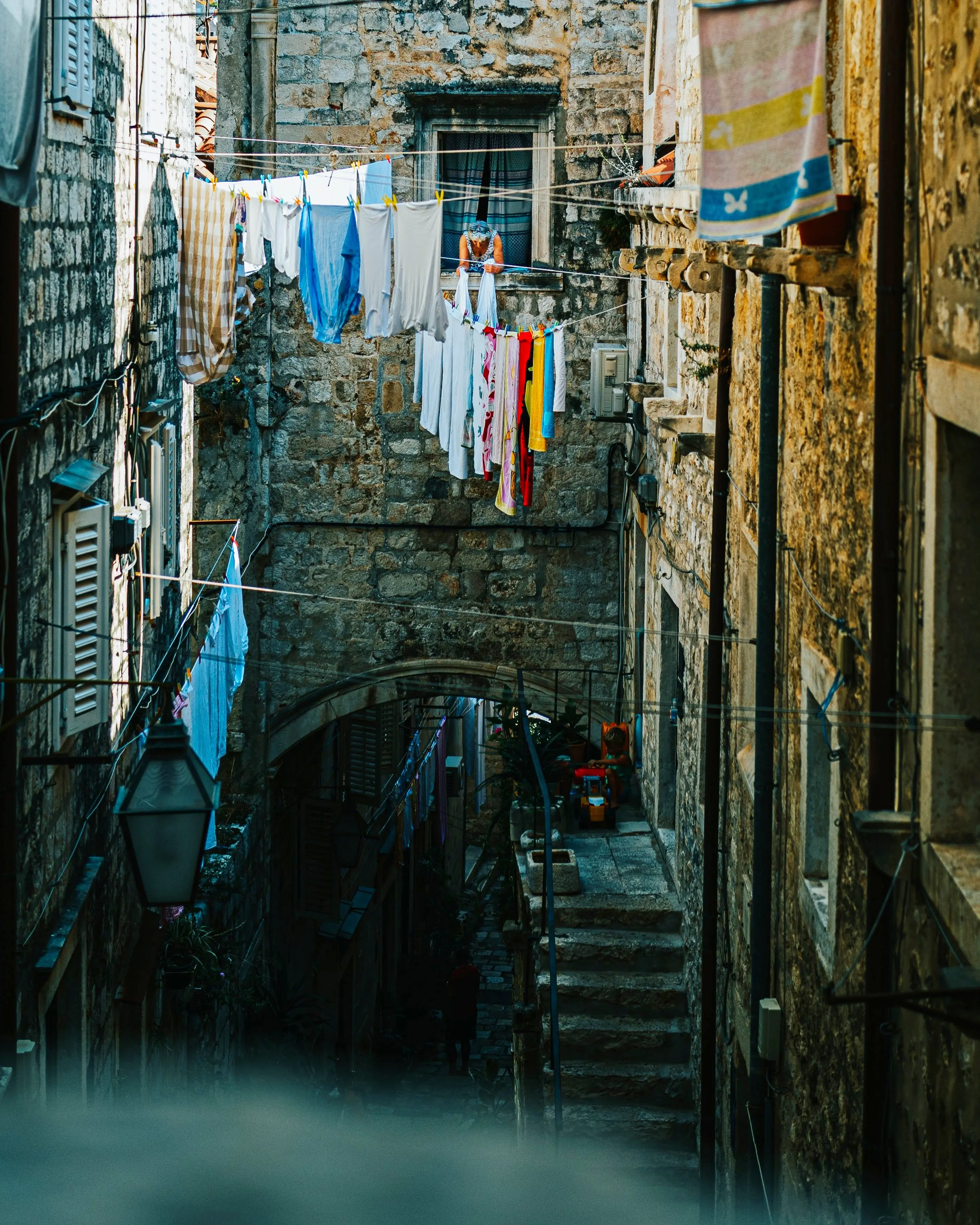
Day 11: Kobaš - Slano
Slano is a small town not far from Dubrovnik, situated in a cove known as a seamen's shelter from ancient times. Its surrounding area has several archaeological sites dating back to the Classical Age, as well as churches and monasteries from 14th century onward. The cove of Slano is a spacious one, 2000m indented and 1300m wide, with depth at its entrance at 43m. It is well protected from all winds, except the bura.
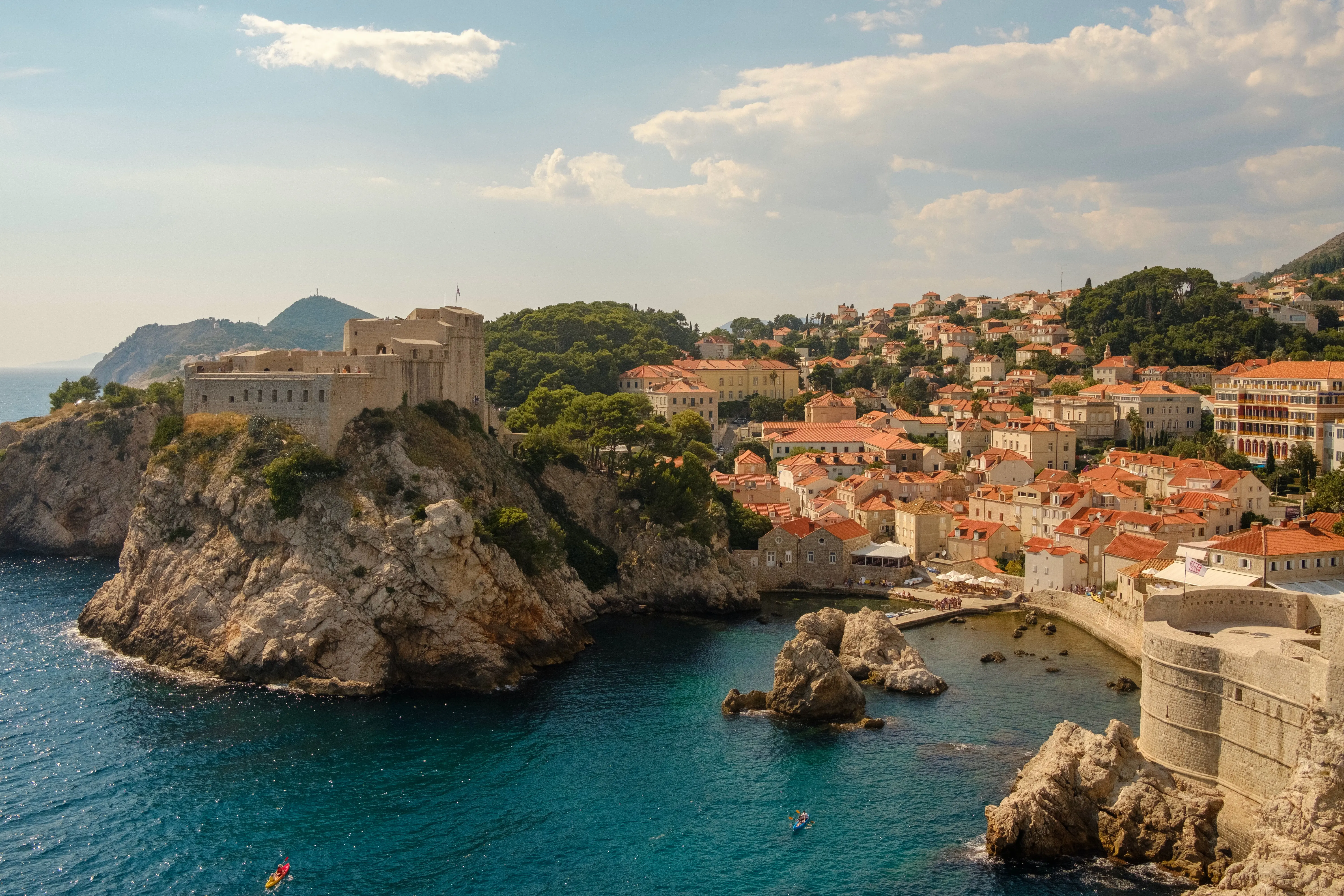
Day 12: Slano - Dubrovnik
The city of Dubrovnik, once the center of the Dubrovnik Republic which, for a time, competed on equal ground with Venice in the north, is today one of the most important tourist and historic centers on the Adriatic, as well as the Mediterranean. By far the best way to experience the vast cultural and historical heritage of Dubrovnik, is to traverse its streets on foot. A stroll over the famous Stradun, and the 25m high, 2km long City walls, will take you past numerous palaces, churches, and various places whose lesser significance all adds up to the vast glory of Dubrovnik. Its name is somewhat of a synonym for Croatia in the far corners of the world, and the more you learn of Dubrovnik, the less surprised you will be to know that its population increases tenfold during the peak of the tourist season.
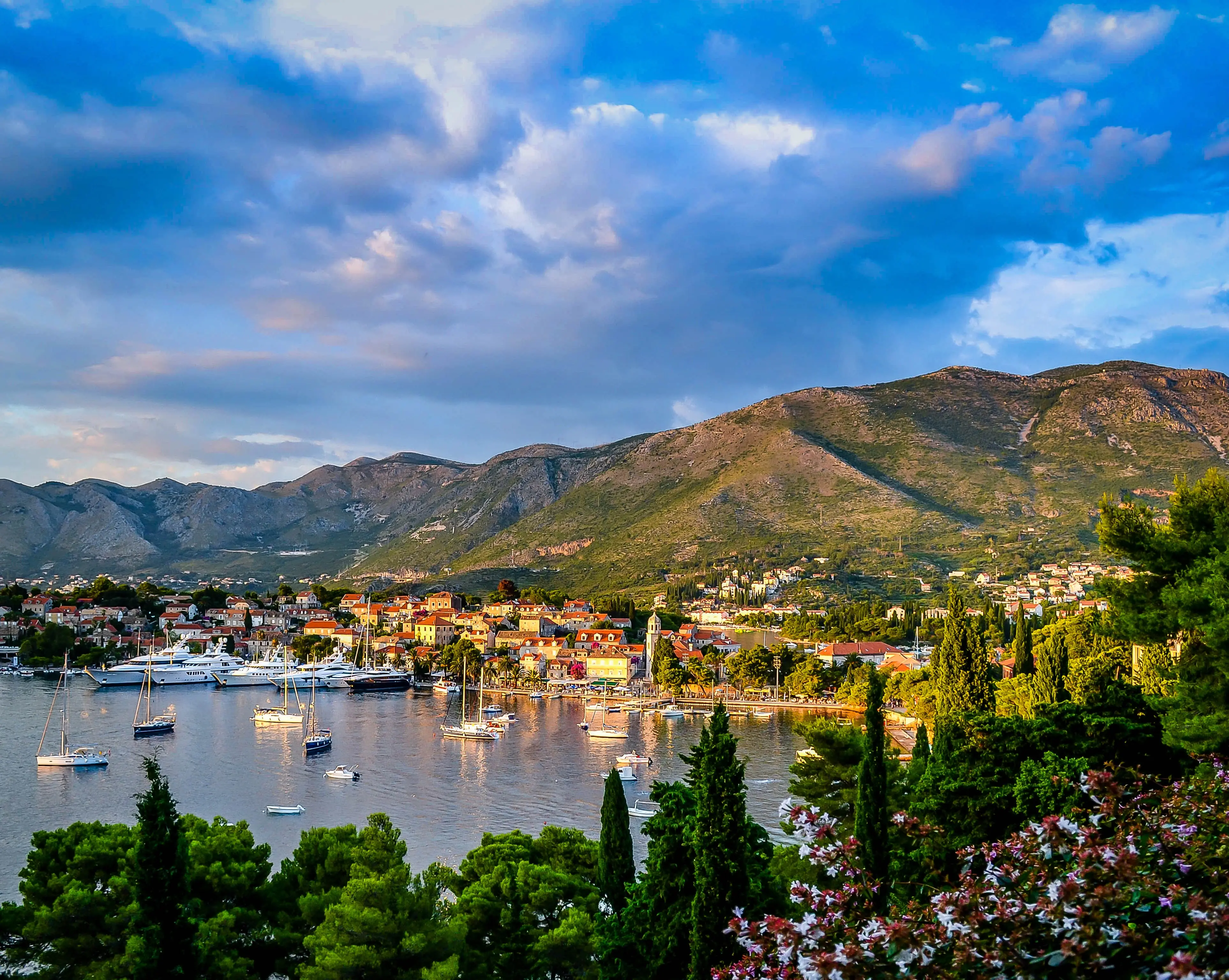
Day 13: Dubrovnik - Cavtat
Cavtat is a small town close to Dubrovnik, whose port is sheltered from the south and north sides. It offers berths up to 12m deep, and in Uvala Tiha up to 6-8m deep. Caution is advised when sailing into the port, due to several shallows and reefs.
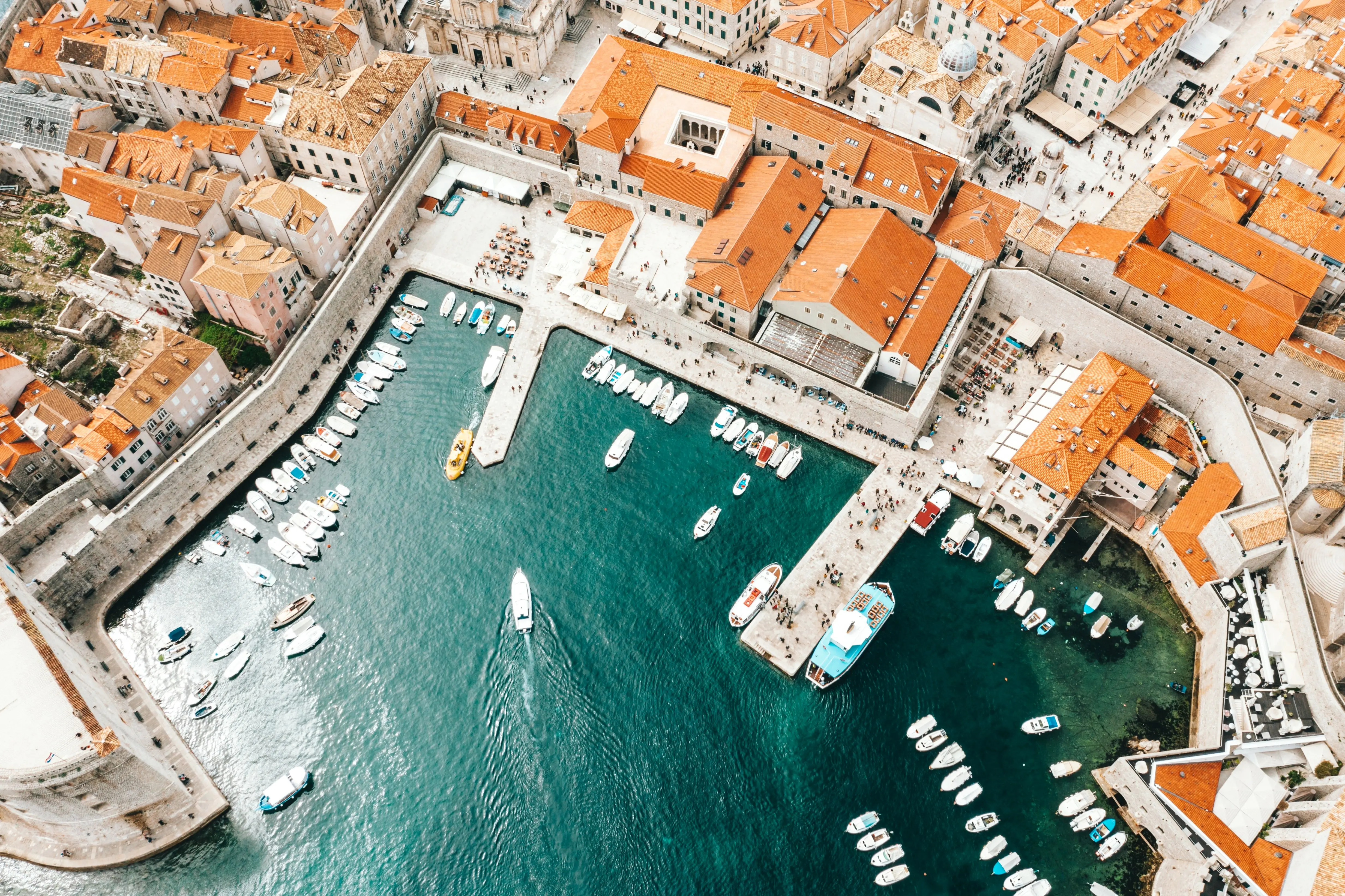
Day 14: Cavtat - Dubrovnik
Return to base

